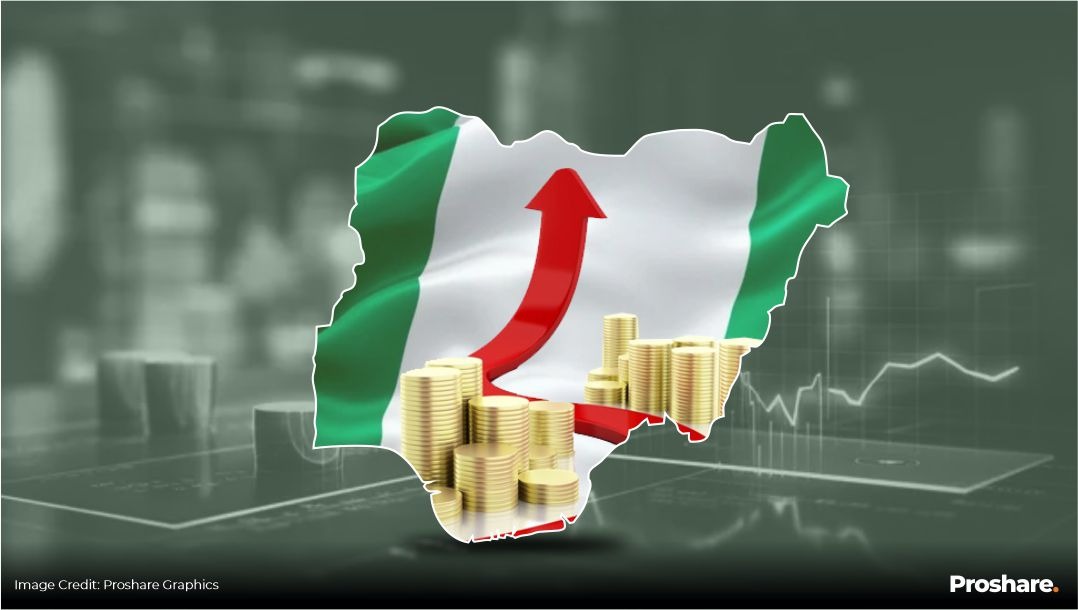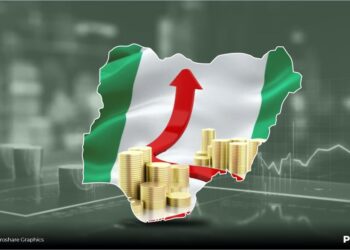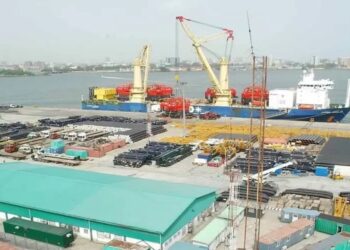For all its size, Nigeria remains strangely absent in the contest for global capital. As the largest economy and most populous nation in Africa, Nigeria should naturally be the continent’s leading destination for investment flows. Yet reality tells another story. Egypt, Kenya, and South Africa continue to outpace Nigeria in attracting foreign direct investment, portfolio inflows, and even structured diaspora funds.
The paradox is glaring: abundant natural resources, a young and dynamic population, a strategic geographic location—yet an inability to capture and retain capital at scale. Nigeria is like a massive dam brimming with potential energy, but with too many leaks and too few working turbines to convert water into power.
In 2023, Nigeria’s position in the Legatum Prosperity Index—142nd globally and 31st in Africa—was a reminder of what capital flight and investment hesitation can do to a country. Our size and potential have not translated into prosperity. The world’s money goes elsewhere. And unless Nigeria deliberately repositions itself, we risk being bypassed in the capital flows that will define the global economy over the next decade.
The Nature Of Global Capital
Global capital is restless. It is not a charity; it is a disciplined seeker of stability and return. Like water, it flows where channels are clear and obstacles are minimal. It is attracted not by a nation’s need, but by its readiness.
This readiness is measured in fundamentals: macroeconomic stability, institutional strength, predictable regulation, infrastructure reliability, and human capital depth. Nations that provide these attract capital even if they are smaller or less resource-rich. Nations that do not repel capital no matter how much potential they claim.
Nigeria’s mistake has been to assume that size alone guarantees investment. But investors, whether institutional or diaspora, have choices. And increasingly, they are choosing others.
Nigeria’s Current Position
Despite the headlines of being “Africa’s largest economy,” Nigeria’s capital inflow numbers tell a sobering story:
FDI inflows have been volatile and often declining, falling below $3 billion in recent years, compared to Egypt’s consistent $9–10 billion and South Africa’s $5–6 billion.
Portfolio flows are choked by currency volatility, FX illiquidity, and policy uncertainty.
Diaspora remittances, which hover around $20 billion annually, largely enter for consumption, not structured investment.
The result is a paradox: abundant natural resources and demographics, yet chronic capital scarcity. Investors hesitate, projects stall, jobs vanish, and prosperity eludes.
Why Repositioning Matters
Capital is not just about money. It is the bloodstream of prosperity. Without capital, industries cannot grow, jobs cannot scale, and innovation cannot multiply. With capital, even barren deserts can be turned into economic oases.
Here is where the Prosperity Matrix offers a useful lens:
Mastery Level (Industry, Impact, Income): Capital builds industries, multiplies income, and scales impact. Without it, ingenuity dies in notebooks and start-ups remain side hustles.
Supremacy Level (Influence, Immunity, Immortality): Capital strengthens sovereignty, builds institutional immunity against shocks, and creates legacies that outlast political terms. Without it, nations remain vulnerable, dependent on aid and external bailouts.
Repositioning Nigeria in the global capital flow is not optional—it is existential. A nation of over 220 million cannot afford to remain on the margins of the financial bloodstream that powers global prosperity.
What Nigeria Must Do
If capital follows readiness, then Nigeria must deliberately redesign itself as a ready nation. Five pillars stand out:
1. Policy Stability
Investors can tolerate risk, but not unpredictability. Nigeria must provide clear, consistent, and credible policy environments. Reforms cannot end with announcements; they must endure beyond electoral cycles. Policy summers followed by winters of reversal only erode trust.
2. Institutional Strength
Institutions are the skeleton of prosperity. Investors need assurance that contracts will be enforced, corruption will be punished, and rules will not be rewritten overnight. A judiciary that delivers justice swiftly, regulators that act transparently, and agencies that coordinate rather than contradict one another—these are magnets for capital.
3. Capital Market Deepening
Nigeria’s capital markets remain shallow. Expanding domestic bond and equity markets, strengthening pension funds, and introducing innovative vehicles such as REITs and green bonds would signal maturity. Capital likes depth; shallow pools scare it away.
4. Diaspora Investment Platforms
Remittances are large, but disorganised. Nigeria must design structured diaspora investment platforms—vehicles where diaspora funds are pooled, securitised, and directed toward infrastructure, SMEs, and innovation. The goal is to move from remittances to renaissance. Our diaspora is wealthy and loyal; they only need credible instruments.
5. Narrative Shift
Perception is often as decisive as reality. Nigeria must invest in rebranding itself—not through slogans, but through visible reforms, credible data, and consistent global engagement. Capital is attracted to opportunity stories, not risk stories. Today, Nigeria is perceived more as risk than opportunity. That narrative must change.
Comparative Lessons
Nigeria is not alone in facing these choices. Other African nations offer lessons—though not models to copy blindly:
Egypt has leveraged structural reforms and Gulf partnerships to attract billions in capital, despite its political turbulence.
Kenya has positioned itself as East Africa’s fintech and green energy hub, drawing investors aligned with global trends.
South Africa benefits from deep and liquid capital markets that remain attractive even amid governance crises.
The common thread? Each nation is deliberate in its positioning. They are not waiting for capital; they are competing for it. Nigeria, by contrast, often seems to assume that investors will come by default. That assumption is outdated.
Integrating Prosperity and Capital
Repositioning Nigeria in global capital flows is not only about economics—it is about prosperity. Capital inflows must be harnessed deliberately to deliver prosperity across levels:
Individuals and Families: Access to credit, mortgages, and jobs.
Corporations: Financing for expansion, innovation, and global competitiveness.
Nation-State: Infrastructure financing, institutional strengthening, and geopolitical relevance.
This integration prevents capital inflows from becoming fleeting windfalls. It channels them into long-term prosperity outcomes.
A Path Forward
To reposition Nigeria, three shifts are urgent:
From Passive to Active: Stop waiting for capital; start competing aggressively for it.
From Extractive to Productive: Move capital flows beyond oil and gas into technology, manufacturing, agriculture, and creative industries.
From Rhetoric to Architecture: Design systems—legal, financial, and institutional—that embed prosperity in capital flows.
The Call Ahead
Nigeria cannot remain a bystander. Capital flows are reshaping Africa’s future. They determine where industries rise, where jobs concentrate, and where prosperity takes root. If Nigeria is absent, the continent will move on without it.
The choice before us is stark: Will Nigeria continue to watch global capital bypass its shores, or will it deliberately reposition itself as a hub of readiness and resilience?
Capital does not chase need. It chases readiness. If Nigeria becomes ready, the world will invest. And when that happens, prosperity will no longer be a promise deferred, but a reality lived.
Fife Banks, fimc, cmc writes from Abuja, FCT Nigeria where he currently serves as the Executive Director, Sustainable Foreign Investments at the Presidential Foreign Intervention Promotion Council (PFIPC). He is also a National Prosperity Development Policy Fellow at the National Chamber Policy Centre (NCPC) and a Fellow of the Institute of Management Consulting Nigeria (IMCN)
Email: fife.banks@pfipc.gov.ng
Mobile: +234 (0)70 664 334 77, +1 (872) 777 1727





